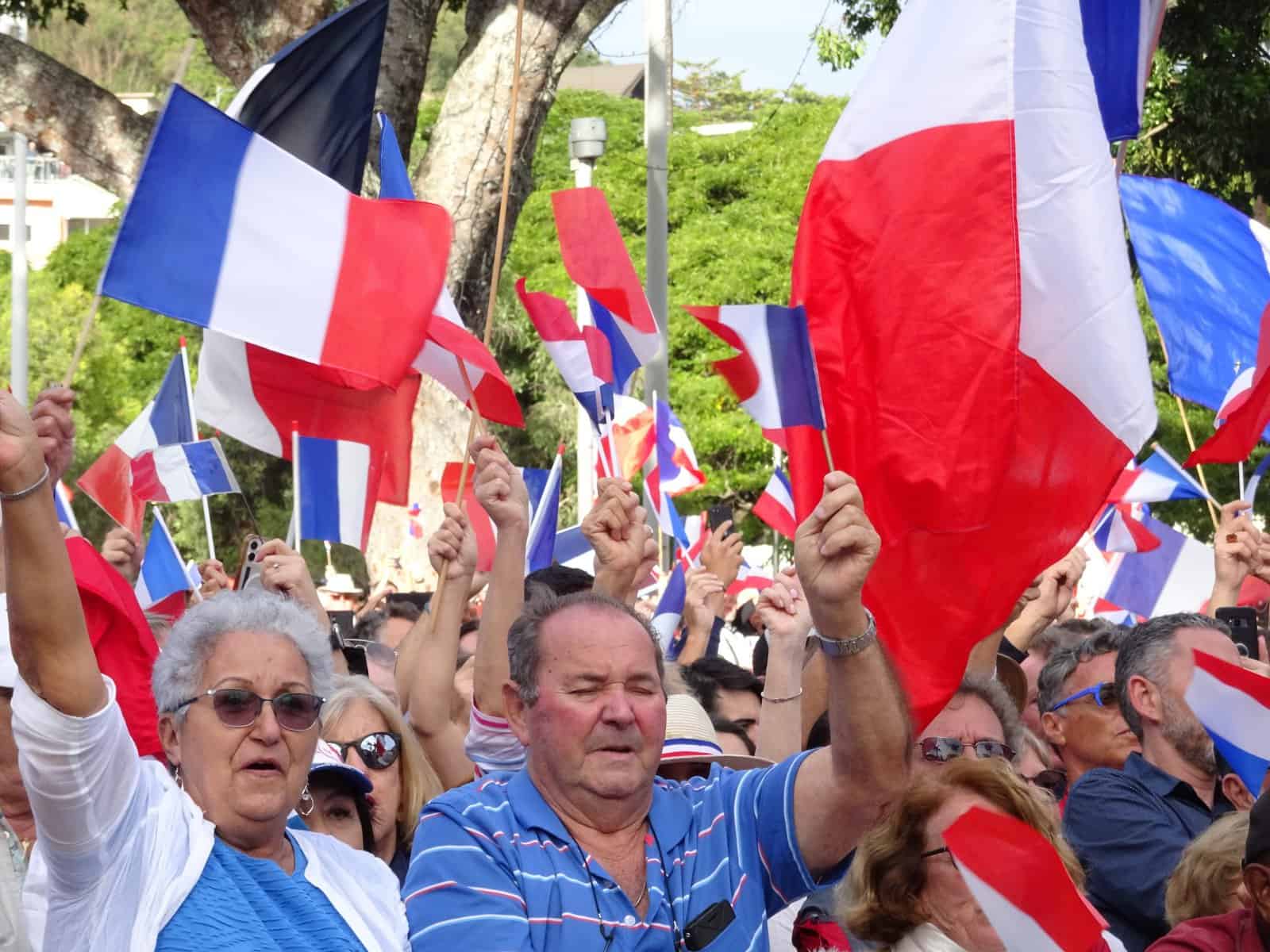The whirlwind tour of Melanesia by French President Emmanuel Macron received widespread media acclaim in July, as he visited the French Pacific dependency of New Caledonia and made unprecedented stopovers in Vanuatu and Papua New Guinea.
But despite the warm welcome from supporters in Noumea, Port Vila and Port Moresby, the tour highlighted the many contradictions of France’s colonial role in the region.
The French leader signed a series of bilateral agreements on climate change, development assistance and resource exploitation, and announced new military deployments to New Caledonia. Warning that “in the Indo . . .
Please Subscribe to view full content...
